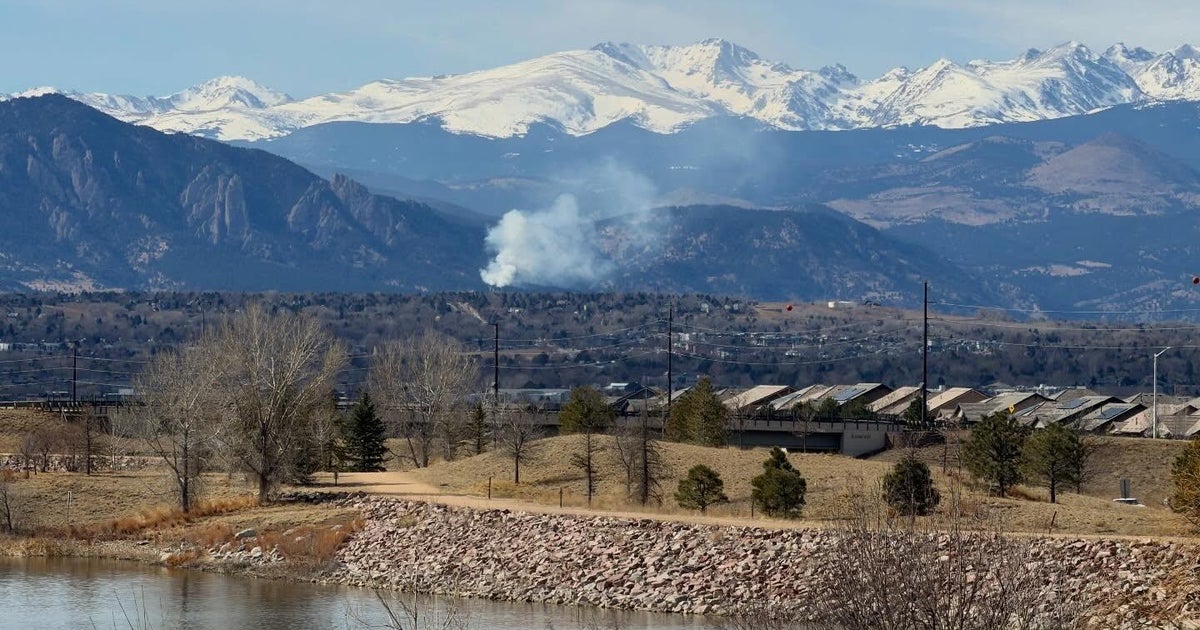How to reduce pollution in your car as wildfire smoke compromises air quality
BALTIMORE -- An air quality alert for Maryland continues Thursday as smoke from wildfires in Canada pours into the region, clogging the skies and posing health risks to millions in the Northeast.
Residents are urged not to leave the house or be outside for extended periods of time, but many still need to drive to work or run important errands. So how do you minimize health impacts while traveling?
While indoors, keep all windows and doors shut, according to AirNow, a government-run site on air quality data. But if you need to leave the house, there are some ways to protect your health.
You can recirculate the air in your car if you need to drive anywhere. The oft-overlooked recirculation button is usually an icon of a car with a U-shaped arrow inside it.
"Reduce smoke in your vehicle by closing the windows and vents and running the air conditioner in recirculate mode," AirNow's guidance says.
"The air recirculation button effectively cuts off the outside air to the inside of the car 'recirculating' air inside your vehicle," car maintenance company Eden Tyers & Servicing shared in a blog post.
The post goes on to explain that the air recirculation button is great for "stopping pollution and exhaust fumes" and even "reducing pollen when driving if you suffer from hay fever" and "stopping strong outdoor odors entering your car."
If you do have to walk outside, even for a little bit, you're encouraged to wear a mask. A KN95 mask is highly recommended.
The Maryland Department of Health advises Marylanders to follow the Air Quality Action Guide, which includes information on preventing the adverse effects of polluted air.
Gov. Wes Moore's office offered the following recommendations:
- If you have lung or heart disease, stay indoors
- Air conditioning can improve the air quality indoors
- Masks (like N95s, KN95s) will reduce the particles that you breathe
- Be alert for breathing problems in children, especially children with lung problems like asthma
- Check on neighbors and relatives with chronic health problems
Young children, older adults and anyone else sensitive to air pollution should avoid being outside, as should those with respiratory problems like asthma.
Experts say to use keep an eye on air quality data for your area to avoid leaving your home in particularly polluted times.








